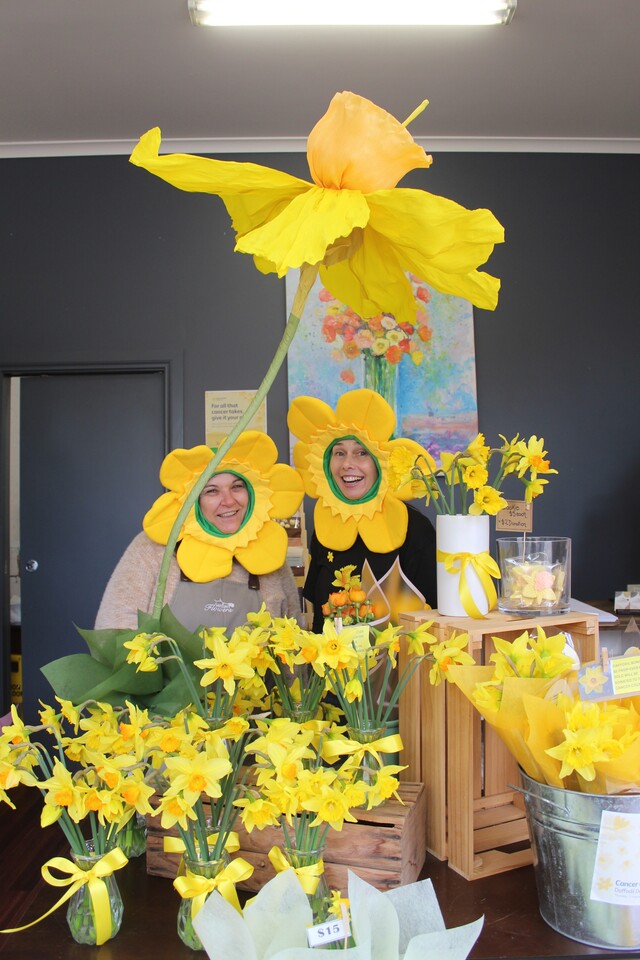Casey Council have confirmed they are still using glyphosate-based herbicides in non-sensitive areas, despite growing concerns around the health impacts of the chemical on humans.
Casey Council city presentation manager Mardi Cuthbert said council have used a number of weed management strategies across its parks, open spaces, playgrounds and landscaped areas.
“These strategies comprise of both preventative and mechanical methods alongside chemical alternatives,” she said.
“As part of our overall approach, we do not use glyphosate or other chemicals around sensitive sites such as playgrounds, kindergartens, and community centres – these locations are weeded by hand.
“Chemicals used in other locations are stored and applied in accordance with industry regulations and manufacturer instruction.”
Ms Cuthbert said the council would continue to stay aware of industry developments around safe and environmentally-friendly weed management strategies.
“In 2019, Casey participated in a research project with Deakin University and other councils to develop a safe and effective alternative to glyphosate,” she said.
The research project’s findings concluded that while glyphosate was considered to be the most effective weed management strategy, the research only assessed which herbicide was cheapest and most deadly to use on unwanted plants, but did not assess the health effects on bystanders.
The research found glyphosate was the cheapest product, with the cost of a one-litre preparation being AU$0.10, while the other alternative weed management strategies ranged from AU$0.21 per litre (glufosinate) to AU$22.61 per litre (clove oil).
In March 2015, the World Health Organisation’s International Agency for Research on Cancer classified glyphosate as “probably carcinogenic to humans”.
However, the Australian Pesticides and Veterinary Medicines Authority (APVMA) have assesed glyphosate products, and registered products as safe to use when the instructions on the label are followed.
In early 2020, Brimbank Council stopped using glyphosate herbicides in response to community concerns about possible links to some forms of cancer.
Joining Port Phillip and Frankston councils, Brimbank Council re-introduced the use of glyphosate herbicides and adopted what it considered as a “sensible approach” to balance the benefits of the substance along with any concerns relating to workplace and public health and safety.
Debates surrounding the use of the substance are heating up while a class action lawsuit takes place in the Federal Court, where more than 800 non-Hodgkin lymphoma patients are alleging a popular herbicide containing glyphosate is linked to their disease.
A US citizen successfully sued the manufacturer of a herbicide containing glyphosate on Friday 20 October, receiving close to $2 million in compensation after he developed cancer from exposure to the herbicide.
Australian Pesticide Reception Network (APRN) founder and environmental scientist Dr David Low said dangerous pesticides could vaporise and drift onto school grounds, sports grounds and the grassy areas in parks and gardens.
“Council should as a matter of urgency institute spray-free buffer zones around all sensitive areas, such as recreational reserves and waterways,” he said.
“Australia’s use of herbicides has more than doubled in the last ten years and is set to double again by 2030 unless action is taken to reduce the amounts used in urban and ecologically sensitive areas.
“It is irresponsible of a municipal council to continue to use these highly hazardous chemicals in urban areas where children and infants are exposed to them.”
The APRN aimed to warn and educate citizens about the dangers posed by Australia’s escalating use of highly hazardous pesticides in urban horticulture and farming.
Glyphosate has been prohibited for household use in France, the Netherlands and Belgium, with total bans in Vietnam and some US cities, and Germany next in line to ban the controversial herbicide by the end of 2023.
Dr Low said it was not necessary for councils to use these chemicals in urban settings.
“Many municipal governments overseas have successfully instituted pesticide-free vegetation management policies,” he said.
“Their citizens are now protected from these chemicals which are known to cause cancers and neurological illnesses such as Parkinson’s Disease.”







